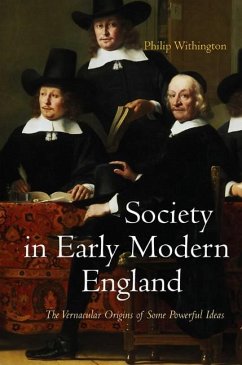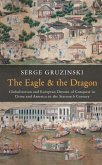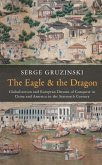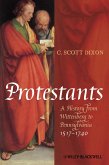The sixteenth and seventeenth centuries have traditionally been regarded by historians as a period of intense and formative historical change, so much so that they have often been described as 'early modern' - an epoch separate from 'the medieval' and 'the modern'. Paying particular attention to England, this book reflects on the implications of this categorization for contemporary debates about the nature of modernity and society.
The book traces the forgotten history of the phrase 'early modern' to its coinage as a category of historical analysis by the Victorians and considers when and why words like 'modern' and 'society' were first introduced into English in the sixteenth and seventeenth centuries. In so doing it unpicks the connections between linguistic and social change and how the consequences of those processes still resonate today.
A major contribution to our understanding of European history before 1700 and its resonance for social thought today, the book will interest anybody concerned with the historical antecedents of contemporary culture and the interconnections between the past and the present.
Hinweis: Dieser Artikel kann nur an eine deutsche Lieferadresse ausgeliefert werden.
The book traces the forgotten history of the phrase 'early modern' to its coinage as a category of historical analysis by the Victorians and considers when and why words like 'modern' and 'society' were first introduced into English in the sixteenth and seventeenth centuries. In so doing it unpicks the connections between linguistic and social change and how the consequences of those processes still resonate today.
A major contribution to our understanding of European history before 1700 and its resonance for social thought today, the book will interest anybody concerned with the historical antecedents of contemporary culture and the interconnections between the past and the present.
Hinweis: Dieser Artikel kann nur an eine deutsche Lieferadresse ausgeliefert werden.
"Society in Early Modern England is a major work that will command the attention of all scholars and students interested in the period. Dr. Withington reveals time and again that he is an adept thinker and careful reader, as well as a first-rate historian, as eager to struggle with conceptual problems as to analyse complicated source material. This book will force many to rethink their understanding of the early modern period and what it means, as well as the ways in which we imagine and categorise historical periods in general." -- Andrew Hadfield, University of Sussex
"Withington offers a broad geneaology of historians' use of the term 'early modern', and finds striking similarities with the ways that early moderns themselves had begun to describe their world. It is a notably fresh, wide-ranging and stimulating argument about the analytic value of the term and the disinctiveness of early modern society." -- Mike Braddick, University of Sheffield
"A rigorous and persuasive charting of key concepts and discourses which not only reformulates the significance of the 'early modern' period but also gives that period a new shape." -- Keith Wrightson, Yale University
"Withington offers a broad geneaology of historians' use of the term 'early modern', and finds striking similarities with the ways that early moderns themselves had begun to describe their world. It is a notably fresh, wide-ranging and stimulating argument about the analytic value of the term and the disinctiveness of early modern society." -- Mike Braddick, University of Sheffield
"A rigorous and persuasive charting of key concepts and discourses which not only reformulates the significance of the 'early modern' period but also gives that period a new shape." -- Keith Wrightson, Yale University








